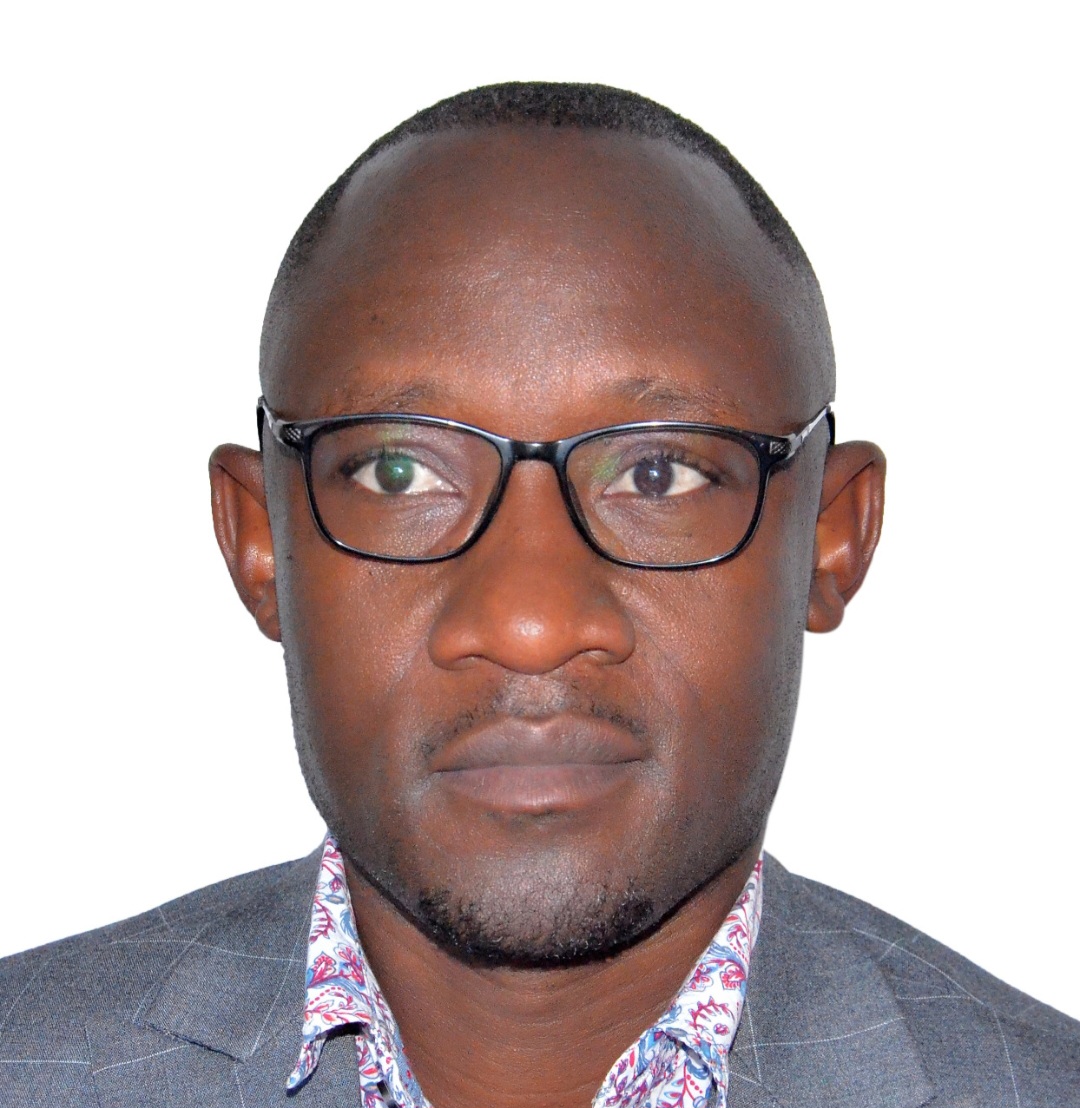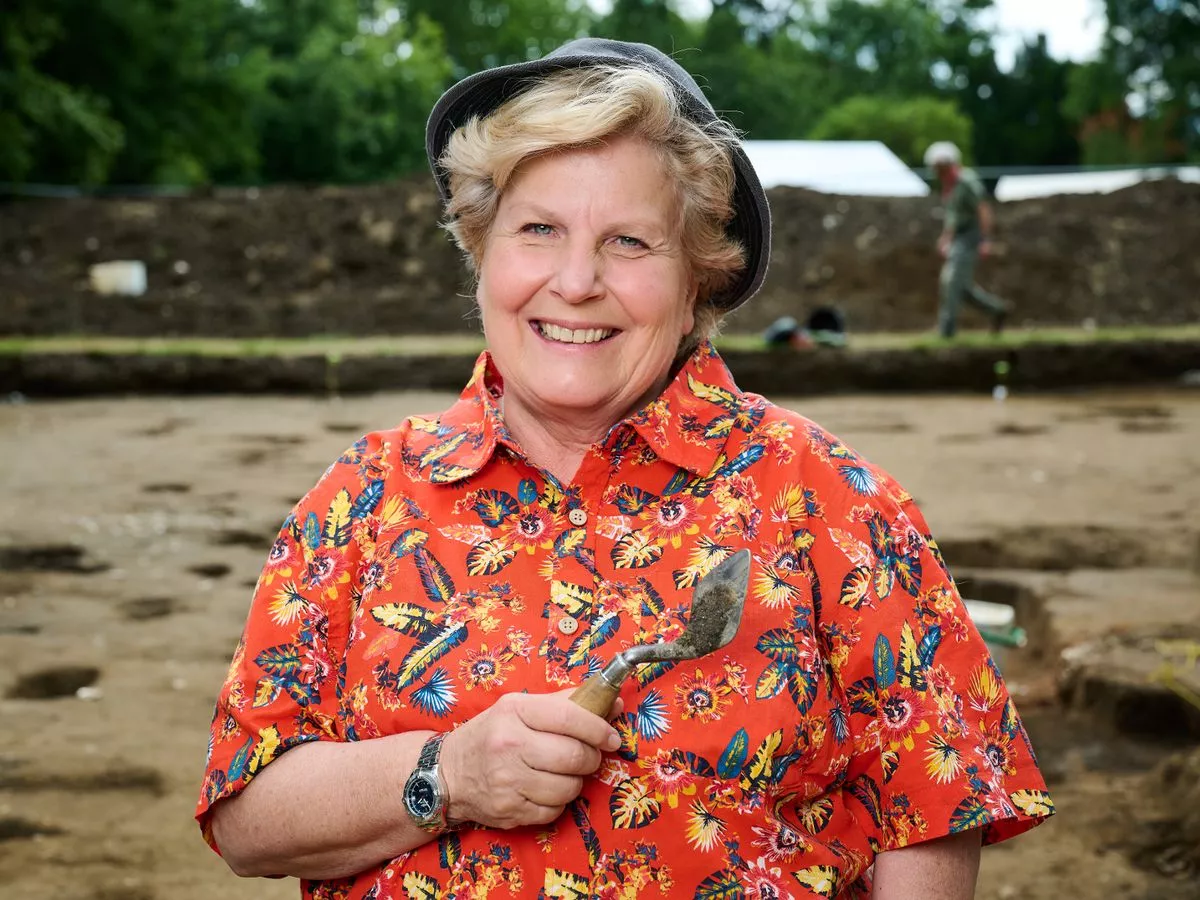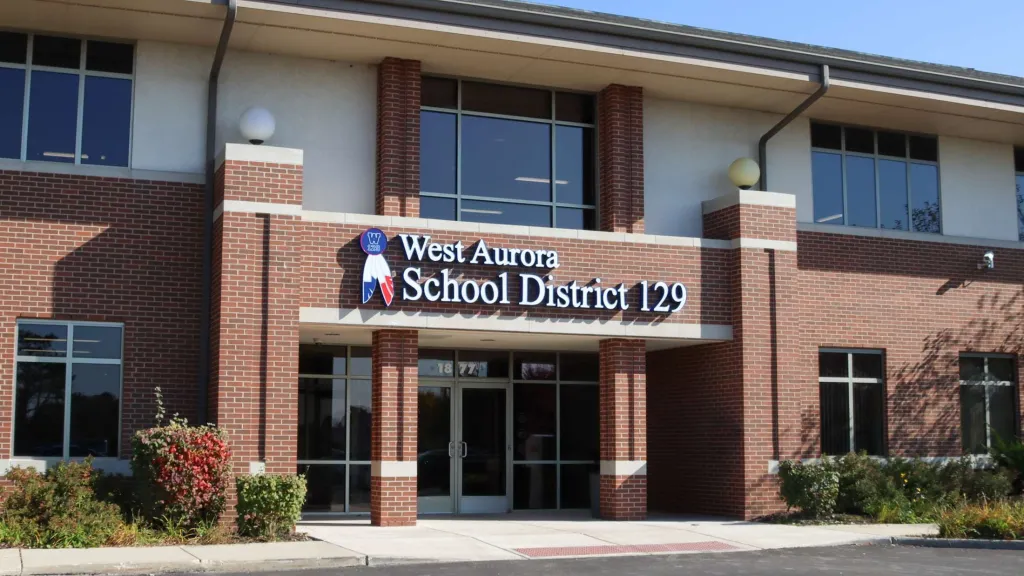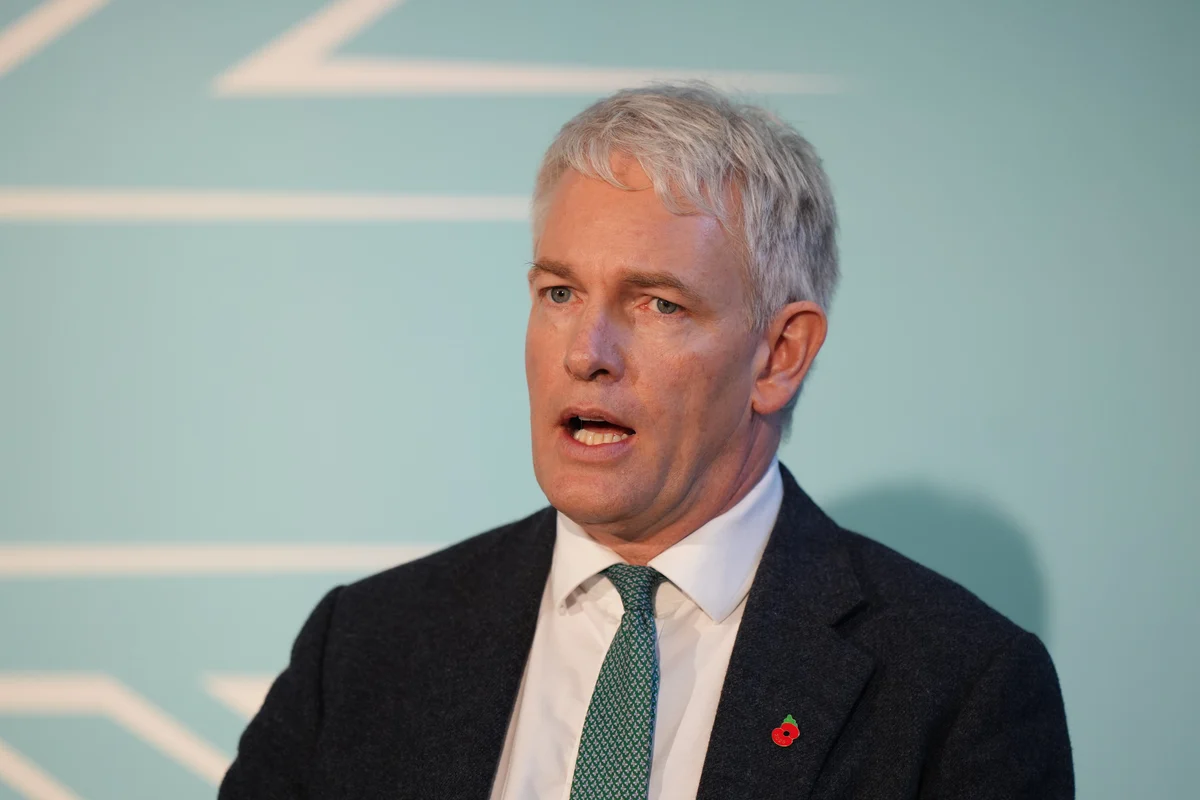Copyright watchdoguganda

In this article, I begin by referencing the work of Professors Mustafa Mirzeler and Crawford Young (2000), who in their study “Pastoral Politics in the North-East Periphery of Uganda: The AK-47 as a Change Agent,” cited Wozei (1977): “All of us would like to see Karamoja developed as fast as possible so as to catch up with the rest of Uganda, but the major problem is how to do it.” This concern, expressed over four decades ago, still resonates today. With President Museveni widely expected to win the upcoming elections, the question arises: will Karamoja benefit more this time than before? In his campaign launch for Karamoja Sub region at Abim Primary School grounds in Abim District on Friday, October 24, 2025, President Museveni reflected on Karamoja’s turbulent past, recounting the story of a woman from Nakapiripirit District who had been married nine times, each husband killed by a gun. “What sort of country is that?” he asked, before concluding, “Today, Karamoja is enjoying peace” (See State House Presidential Press Unit (PPU) release dated October 24 and 25, 2025). Indeed, peace is a significant achievement — one for which the government deserves credit. Yet, peace alone is not enough. With another likely term for the President, it is only fair that Karamoja now receives sustained investment in infrastructure, health, education, and livelihoods. This needs to be strengthened with the fight against corruption. Some readers may wonder why a grassroots civil society worker engages with political questions. But history provides the answer. As Wozei (1977) observed, Karamoja played no role in Uganda’s nationalist politics before independence in 1962 and did not take part in the 1959 Legislative Council elections. Today, the region participates actively in national politics. As Meyerson Samuel (2024) notes, Karamoja once existed in a conceptual limbo — perceived as violent and primitive by colonial administrators. Now that peace has returned but poverty persists, this moment should mark a turning point. Let this be the term when Karamoja’s peace is matched by tangible progress — a time when development finally reaches the people of Karamoja. Ayub Mukisa, PhD Executive Director, Karamoja Anti-Corruption Coalition (KACC) Email: ayubmukisa@gmail.com Do you have a story in your community or an opinion to share with us: Email us at editorial@watchdoguganda.com



